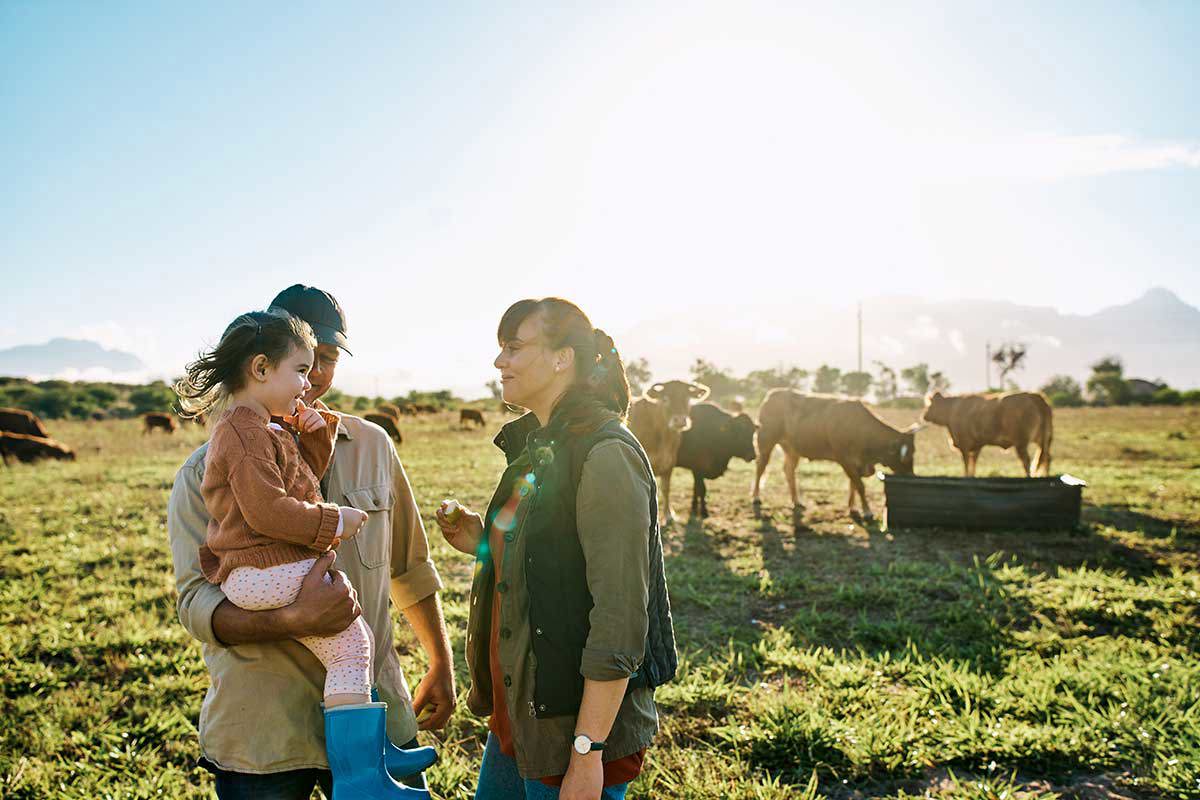Looking after yourself, when you’re looking after someone else

Whether it’s a physical illness or a period of mental unwellness, if someone you love is going through a tough time, your support can make a real difference. Over time, however, the burden of providing practical and emotional support to someone in need can take a real toll – which is something rural GP Dr Gabrielle Staniforth knows all too well.
“I see it all the time,” she says. “And I’ve been through it myself – my husband had cancer diagnoses twice. So I know how isolating that can be to be that support person when you’re still struggling with the fear of losing someone or your lifestyle changing – it’s a lot.”
Dr Staniforth says it’s vital to support yourself so that you can stay strong enough for the people who need you.
“When you get on an aeroplane you’re told to put your oxygen mask on first before you tend to your children – it’s a little bit like that,” she says. “It’s really important to take care of yourself so that you’re the best version of yourself – so you’ve got extra overflowing to give to those people you need to care for.”
Here are her tips on how to do that.
Looking after your health
Often, people get so busy looking after other people they neglect their own physical and mental health, which can mean they end up struggling themselves. Dr Staniforth says taking simple steps to support your wellbeing will pay off.
“It is so important to make sure that you’re feeding your body well and that you’re moving your body in some form of exercise – it doesn’t need to be complicated – a walk, gardening, whatever floats your boat.”
Getting plenty of sleep is also important – between seven and nine hours is a good target – and practising relaxation techniques, such as mindfulness, can also be helpful.
Taking time out
Regularly stepping away from the support person role will stop you from burning out.
“Make sure that you’ve got enough time to fill your cup up,” explains Dr Staniforth. “For some people that might be retreating and doing something quiet by themselves, like a puzzle or going to a movie, or for others, it might be going out and socialising with a group of friends, so that they are re-energising and ready to get back into that role of the support person.”
Share the load
Often people who are supporting others find it hard to ask for help, because they don’t want to admit they can’t handle it all themselves. It’s important to remember that sharing the load with others gives you the strength to be a better support person for those who need you, says Dr Staniforth.
“If someone offers help, say yes,” she says. “The next step is asking for help – putting yourself out there and saying, ‘Actually, I can’t do it all. I need some help.’ It’s so important.”
You might like to think of specific ways that people can help you – for example, helping with meal preparation or transport, or organising medical appointments.
Get support
If you are feeling overwhelmed, don’t hesitate to reach out for support.
“Make sure you’ve got your people surrounding you – your support network, your good friends and family where you can have those really honest, open, authentic conversations where you’re not going to be judged and just really held and supported,” says Dr Staniforth.
It’s also a good idea to chat to your GP or a psychologist.
“If talking to a professional face-to-face is hard or confronting, or just not possible because of where you’re living, there are heaps of amazing online resources these days,” she adds.
Beyond Blue and Carers Australia are both great places to start. And don’t forget, if you live regionally, telehealth appointments with a GP or psychologist are a great option.